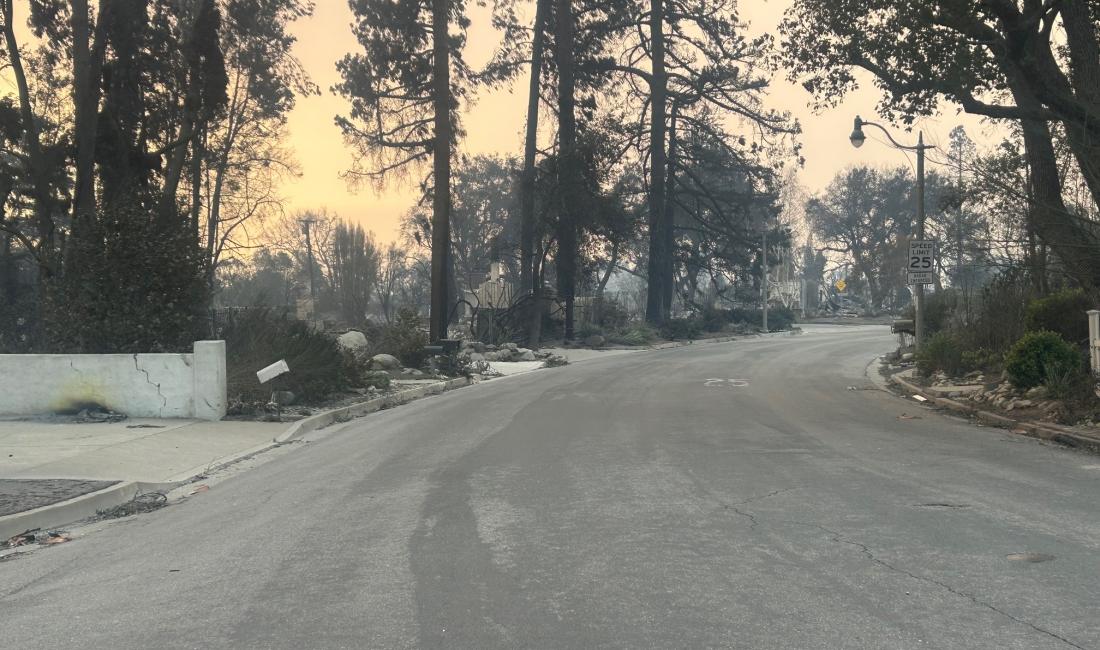Mutual aid is great. Joint work on new strategies and tools for preventing fires would be better.
Today in the Los Angeles Times, my Berggruen Institute colleague Jonathan Blake and I write about the need for fire-prone cities to go beyond mutual aid, and develop strategies and tools for preventing and mitigating fire damage together. The full piece is here. Excerpts below:
Cities such as Los Angeles can and should help each other figure out how to mitigate the fires of the future, using new technology, policy, and prevention and suppression strategies....
Every vulnerable city needs to prepare, and it’s a daunting task. Getting ready for urban wildfire is not just about training, staffing and equipping fire departments. It also requires long-term, slow-moving changes in building codes and materials, urban planning, land use, housing density and more.
But luckily, no city has to go it alone. All the world’s wildfire-prone cities, including Los Angeles, Lisbon, Cape Town, Athens, Jakarta and Melbourne, can share information, expertise and practices to learn from one another.
For example, Singapore’s strict fire prevention laws, enforced by an active civil defense force, offer lessons in how to stop fires before they start...
After Canberra, Australia’s capital, experienced deadly fires in 2003, the city implemented detailed fire prevention and response planning for individual pieces of land. It’s also developing a model of “shared responsibility between the community and fire services” to reduce risk and prepare for fires, according to the chief of the Australian Capital Territory’s Rural Fire Service...
Promoting policy cooperation and coordination is a job for city networks, which, happily, are a trend in world politics. A 2021 study identified more than 100 transnational city networks, with a collective membership of 10,500 cities. Organized networks connect cities on many topics, such as economic inequality, participatory democracy and peace-building, and responding to climate change is one of the most prominent.
Climate-focused city networks can help municipal governments reduce greenhouse gas emissions and adapt to the local impact of planetary climate change. Learning to live with wildfires is an example of the latter, and many networks support municipal-level climate adaptation. For instance, the C40 Cities Climate Leadership Group consists of 97 major world cities; according to the group’s 2023 report, its members are home to approximately 600 million people and produce just under one-quarter of the global gross domestic product. It supports a number of risk-specific networks in which cities facing similar climate challenges exchange information and jointly develop solutions. C40 groups include the Connecting Delta Cities Network, Urban Flooding Network and Cool Cities Network, a hub for tackling urban heat, of which Los Angeles is a member.
What there isn’t yet is a dedicated urban wildfire network to focus on best approaches and lessons learned among cities facing a high risk of wildfires. To be sure, there are transnational networks of relevant officials, such as the international associations of emergency managers, wildland fire management experts and fire chiefs, adding to the international mutual aid agreements that facilitate the deployment of first responders. Such groups are necessary — but not sufficient.




